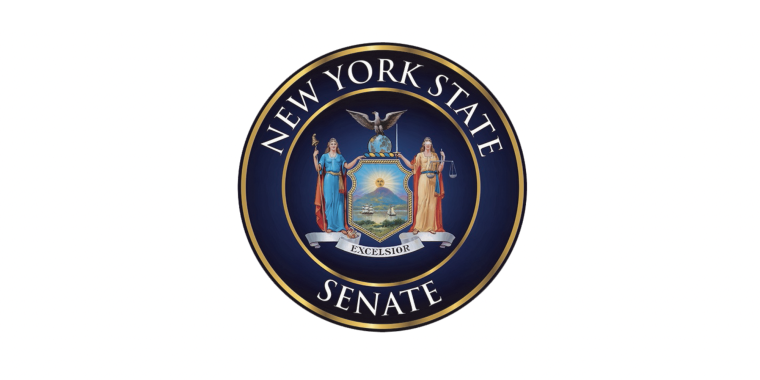
Maternal Depression Screening Bill Passes Health Committee
June 2, 2016
Albany – Today the State Senate Health Committee voted in support of S7881, sponsored by State Senator Liz Krueger, which would clarify that when a maternal depression screening is provided by a pediatrician, the service is covered if the pediatrician is in the child's health insurance network. The bill, which now goes before the full Senate, is sponsored in the Assembly by Assembly Member Diana C. Richardson. Earlier this month the same committee voted unanimously to support S6715, which would improve treatment options for women diagnosed with maternal depression. That bill was referred to the Senate Finance Committee.
"No new mother should be facing maternal depression alone, not when proven and effective treatment options exist," said Senator Krueger. "We must ensure that all New York families have access to the education, screening, and treatment they need to overcome maternal depression. I thank my colleagues for their votes today, and I urge the Senate Majority leadership to schedule a vote on S7881 and S6715 before the end of session. It is critical that these two bills reach the Governor's desk as soon as possible, so that no more families will have to suffer needlessly."
In 2014, Senator Krueger and Assembly Member Richard Gottfried sponsored legislation, which passed unanimously in both houses of the Legislature and was signed into law by Governor Cuomo, to provide education and promote screening and treatment-referrals for maternal depression. However, problems have arisen when screenings are performed by pediatricians, because insurers have not considered the screening to be a service for the insured child. Pediatricians have been required to begin a new medical record as if the mother is the patient; if the pediatrician is not a participating provider in the mother's health plan, as distinct from the child's plan, the screening might not be covered.
S7881 clarifies that in the cases described above, the "patient" is the child. No new record needs to be created for the mother as patient, and the screening is covered if the pediatrician is in the child's health insurance network, regardless of whether he or she is in the mother's network.
S6715, passed earlier this month by the Health Committee and currently in the Finance Committee, would require the creation of a centralized list of available community resources, peer support groups, and providers who treat maternal depression, which would help providers conducting screenings make appropriate referrals and get more women access to treatment. The bill also requires the state to invest in maternal depression treatment resources including strengthening and expanding a statewide hotline, encouraging peer support and telemedicine options, and improving the capacity of referral networks.
Both bills build on guidelines recently issued by the United States Preventive Services Task Force (USPSTF), which recommend that women should be screened for depression during pregnancy and after giving birth. The recommendation received a "B" rating from the Task Force, meaning that screening for maternal depression must now be covered under the Affordable Care Act. In April, Governor Andrew M. Cuomo announced that the New York State Department of Financial Services (DFS) has issued guidance informing insurers of their responsibility to cover screening for maternal depression under the Affordable Care Act.
“Maternal depression” includes a range of perinatal mood disorders, emotional and psychological reactions a woman may experience during pregnancy or up to a year after childbirth. Symptoms can include feelings of despair or guilt, sadness, fatigue, difficulty concentrating, changes in appetite, and thoughts of suicide or of harming the baby. Maternal depression includes prenatal depression, “baby blues,” postpartum anxiety, postpartum depression, and postpartum psychosis. The latter is the most severe of these conditions, often including hallucinations and delusions, and results in infanticide and suicide rates of four and five percent, respectively.
Maternal depression affects a significant portion of pregnant women and new mothers; in fact, it is one of the most common medical complications women may experience during and after pregnancy. Each year, approximately 10 to 15 percent of new mothers develop postpartum depression, while 50 to 80 percent of new mothers will experience “baby blues.” A small but significant number – about 0.1 to 0.2 percent of new mothers – develop symptoms serious enough to be considered postpartum psychosis.
Maternal depression can lead to significant negative consequences for those affected and their families and children if left untreated. However, treatment for maternal depression has an 80 to 90 percent success rate. Early diagnosis and treatment significantly improve prognoses.
###
related legislation
Share this Article or Press Release
Newsroom
Go to Newsroom


